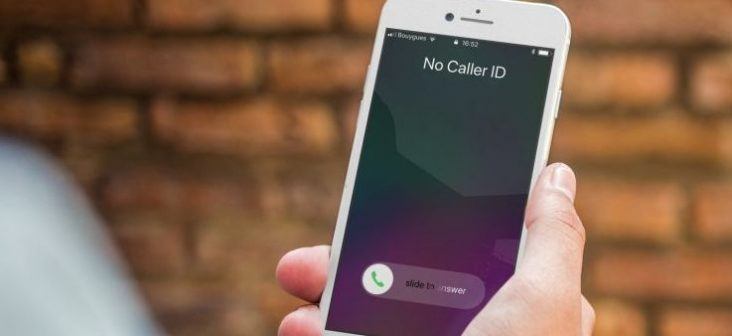Area school districts not planning on change in cell phone use plans
by July 17, 2024 6:06 pm 470 views

Lawmakers, school administrators and parents have cell phones, their use by students, and possible restrictions on their mind as the tie for back-to-school draws near. But area schools are saying they aren’t looking to make any drastic changes – yet.
Fort Smith, Greenwood and Van Buren school district officials are keeping an eye on possible legislation that could regulate the use of cell phones by students during school hours, but for the time being, they are going with their established rules. The Alma School District did not respond to questions regarding its cell phone policy.
“We have had preliminary discussions concerning cell phone use and availability at school,” Marty Mahan, deputy superintendent of Fort Smith Public Schools said, noting that the topic will continue. “This is a topic we will continue to discuss with principals now that they are back on contract. We are considering forming a committee to discuss cell phone use and cell phone availability during school hours.”
Each of the secondary schools in the district has a cell phone section in the student handbook, and there is a handbook committee that meets annually to discuss the student handbook, said Addie Reith, FSPS communication specialist.
Dr. Joshua Ray, assistant superintendent with Greenwood Public Schools, said appropriate usage of cell phones among students is part of day-to-day operations.
“While we, like other districts, have incidents when cell phones are part of cyber bullying, we have not received an increase in concern from teachers or parents recently. This leads us to believe that our cell phone policies, on the whole, are effective,” Ray said. “That said, we understand that Governor Sanders is considering grants to fund the support of schools and student cell phone usage during the school day. We will actively monitor this and seek the best scenarios for our students and staff in Greenwood.”
Brittany Ransom, Van Buren School District communications and media consultant, said the Van Buren school district has plans to seek feedback from stakeholders based on the recent legislative interest regarding this matter.
“This may or may not lead to modifications to our current policies,” Ransom said. “The District does not plan on implementing any changes to its current policies prior to the start of the 2024-2025 school year. If any changes are made, they will be implemented at a later date.”
According to the National Center for Education Statistics, 77% of schools have some type of ban on cell phone use during school hours, up from 66% in 2015. Several states – including California, Florida, Indiana and Tennessee – in recent years have passed laws that significantly restrict cell phone use by students. School district officials in Los Angeles, the largest public school district in the country, are working toward a plan to ban cell phone use by students beginning Jan. 1.
STATE, FEDERAL ACTION
Gov. Sarah Sanders and Arkansas Education Secretary Jacob Oliva sent letters to superintendents July 2 saying they had met with a group of Arkansas superintendents in June to discuss the mental health crisis facing Arkansas students.
“The Natural State is not unique; youth depression, anxiety, and isolation have risen across the country. But we do have a unique opportunity to address this crisis in a collaborative way. We have made this a priority in our Administration, and we are committing state resources to help with this crisis. To that end, we are excited to announce a pilot program focused on two key priorities: restricting in-school phone use and mental healthcare,” the letter said.
According to the letter, the average American teen spends nearly five hours a day on social media, usually on their phone, often in school.
“Since smartphones became widespread, suicide rates have tripled among young teens, self-harm among girls has gone up nearly 200%, and depression among teenagers has increased 150%. Teen math, reading, and science scores have dropped in the United States and other developed nations since 2012, while school alienation has risen across the board.”
The state is starting a pilot grant program that will provide pouches for students to safely store their phones during the school day. One option the Department of Education is considering is a pouch from Yondr that allows students to place their phones in an assigned pouch, which remains with the student throughout the day but remains locked until the end of the school day.
When students leave for the day, they unlock the pouch by pressing it against a device stationed near the exit, Oliva said. He said the grant program is open to any district interested in participating.
On the federal level, U.S. Rep. Bruce Westerman, R-Hot Springs, is working with other U.S. House members to push the Focus on Learning Act that asks the U.S. Department of Education to research and publish a study on the effects of cell phone use in classrooms. The legislation also calls for the creation of a $25 million five-year program providing students with “secure containers to store cell phones.” The act is co-sponsored by U.S. Sens. Tom Cotton, R-Ark., and Tim Kaine, D-Va.
